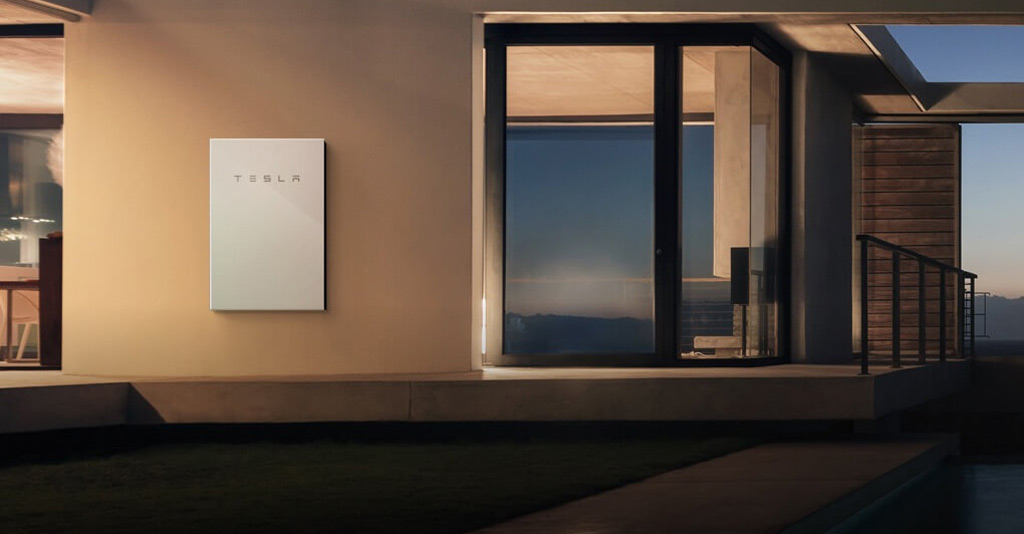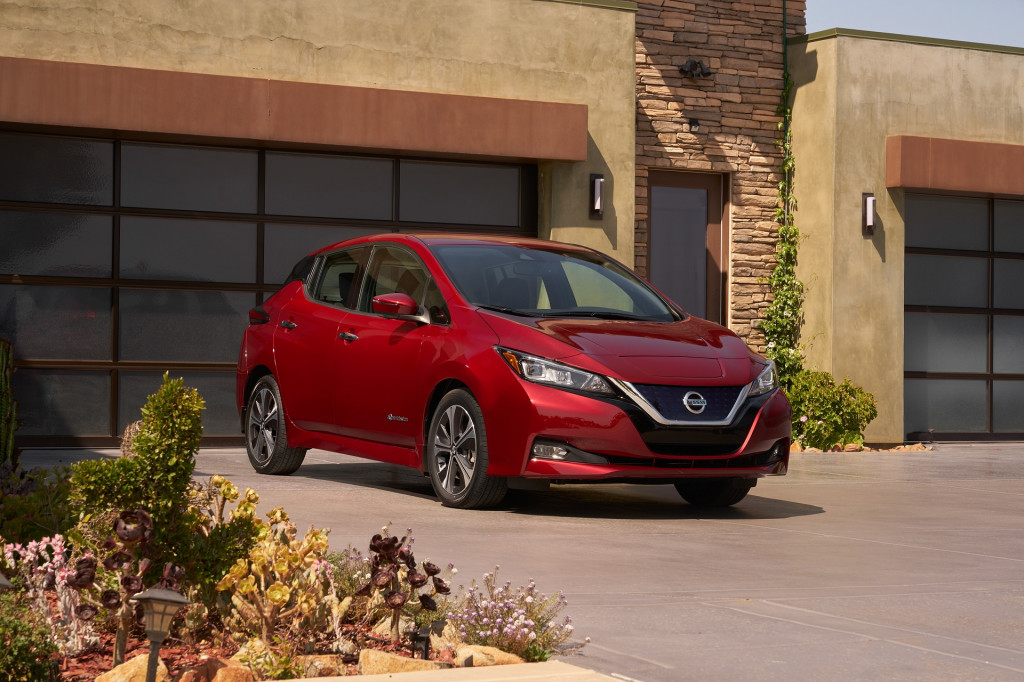Some low-income homeowners in California will soon be eligible for a state-funded program that will provide free home battery systems in wildfire-prone regions.
According to the solar provider Sunrun and the non-profit solar installer Grid Alternatives, which issued a joint announcement Thursday, the program is pointed specifically toward customers in California’s San Joaquin Valley and the greater Los Angeles area.
Less than a week after a heatwave triggered another series of rolling blackouts in California, the state’s residents now face hundreds of wildfires that are already contributing to unhealthy air quality and could bring more power outages.
Last week’s solution—not so great for air quality, or sheer optics, in light of recently announced policy to encourage the retirement of diesel trucks in the state—was the strategic deployment of diesel generators.
Although some rushed to blame the increased amount of renewable energy in the power mix for the issues, a mismanaged grid was at least partly to blame—and it’s put the focus on the need for more grid-scale energy storage.
Eligible households will receive a home energy storage system, including 10 years of monitoring and maintenance.

Tesla Powerwall 2.0
Sunrun is the biggest solar provider in the U.S. and earlier this year announced a partnership to deploy Tesla Powerwall hardware. There was no mention of a model or product line provided by this program, but Sunrun has its own Brightbox system stocked with LG Chem cells.
Although Sunrun points out that it’s the first time it’s provided battery installations without solar. The chances seem high that these households will be more likely to add home solar—and, perhaps, an electric car—once they have energy storage. The project cites a California Public Energy Commission study from 2018, suggesting that low-income households spend three times more of their income on energy costs than higher-income households.

2018 Nissan Leaf
As Green Car Reports has noted in the past, storing solar power in home battery packs has a somewhat higher environmental impact than grid-connected home solar. However in instances like last week’s blackouts—and diesel generators—those advantages likely disappear.
“Energy that is stored where it’s used is cleaner and more resilient than fossil-fueled generators,” Sunrun and GRID pointed out in a joint release. “Generating energy at home and in communities means utility companies don’t have to transport as much electricity long distances in dry, wildfire-prone conditions.”
The program will be funded through California’s Self-Generation Incentive Program (SGIP) Equity Resiliency Budget—an extension of a public utilities’ commission initiative.
